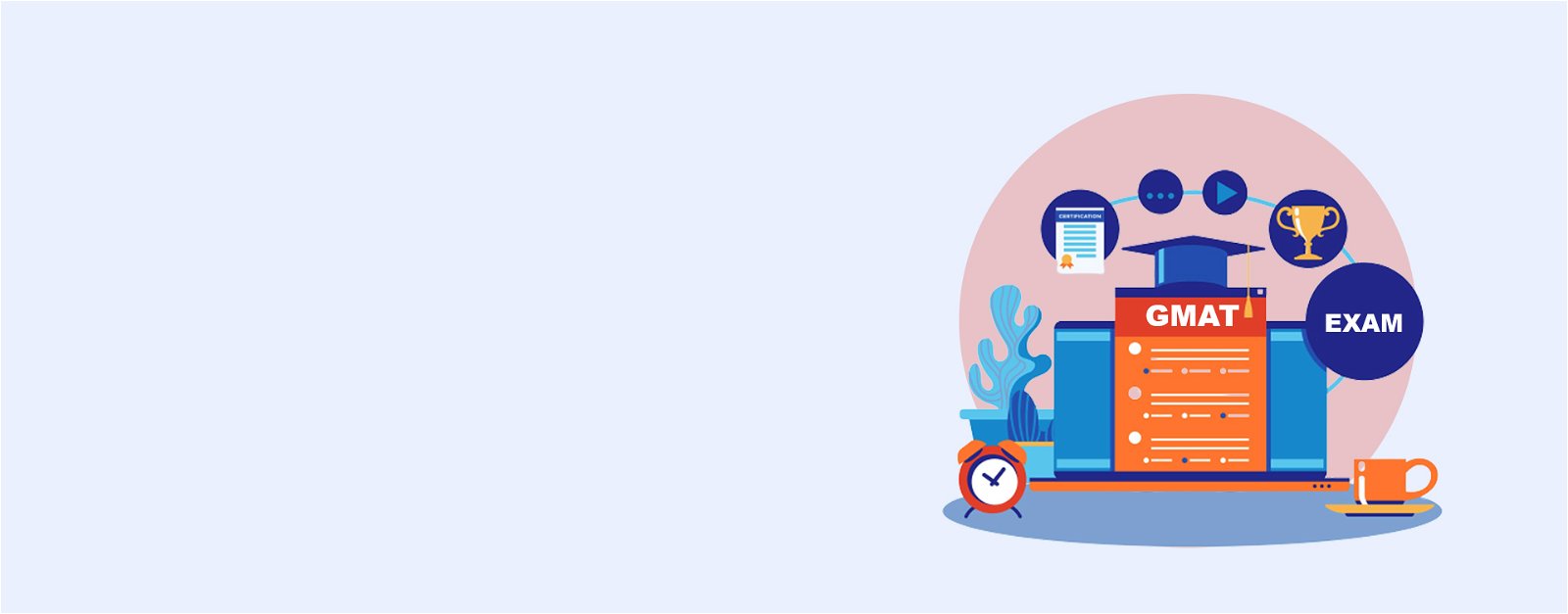
GMAT : Measure Your Basic Knowledge for MBA
GMAT is one of the required admission criteria for many business schools. While some business schools accept international students without the GMAT, passing the exam will undoubtedly put you ahead of the competition. In many universities worldwide, the GMAT is employed as a qualifier alongside other criteria such as SOP, work experience, CV, academic record, etc. Most universities have a cutoff point below which a student is unlikely to get admitted. Nowadays, over 2300 colleges worldwide accept GMAT results for admission to management programs.








